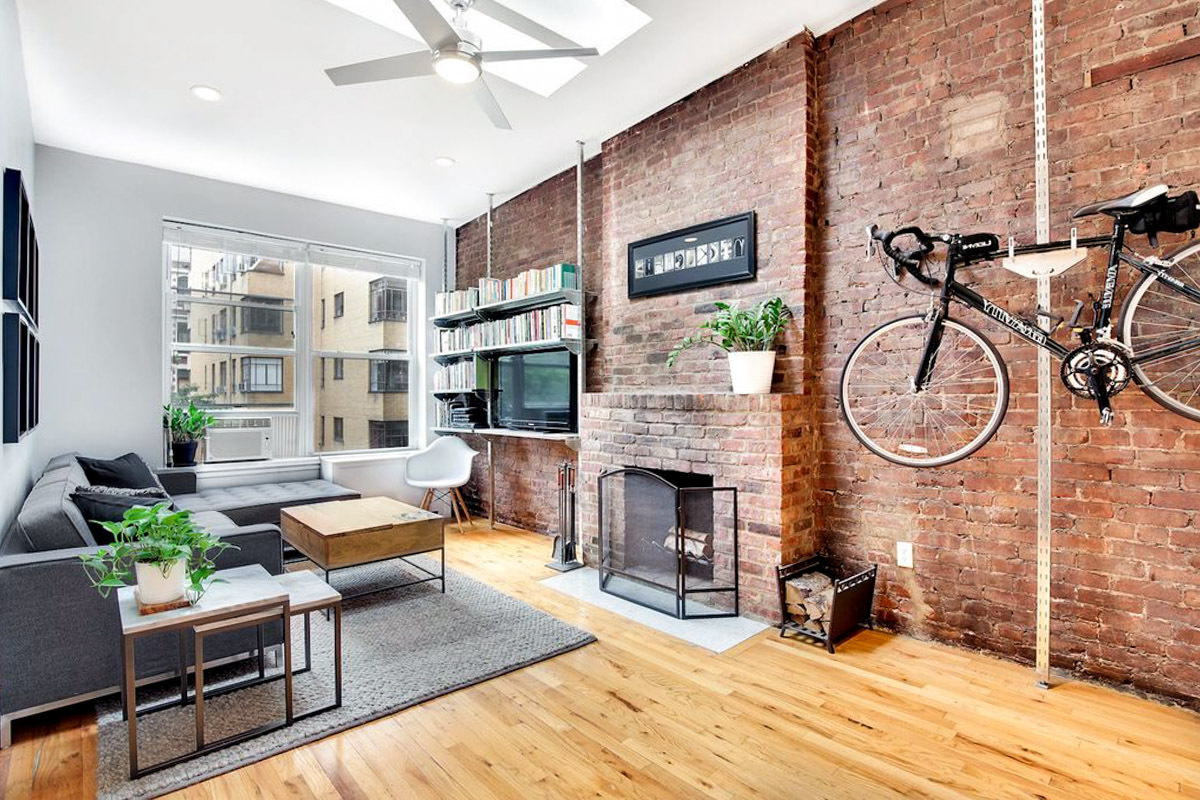Can a Landlord Touch Your Personal Belongings?


Written by Jennifer Lyons on May 14, 2025
Reviewed by Chrissy Tran, Edited by Jessica Rapp
As a renter, you want to know that your belongings are safe, sound, and secure in your rental at all times. Generally, unless otherwise specified in your lease agreement, a landlord cannot move your personal belongings without explicit permission from you, except for in cases of emergency.
Your lease agreement typically outlines your rights to privacy and the landlord’s ability to access the unit, along with state and local laws that may grant you certain rights as a renter, such as a right to quiet enjoyment that protects you from unreasonable interference or disturbance by your landlord. Moving, or even handling, a tenant’s personal items without a legally justifiable reason may violate lease terms and potentially state or local landlord-tenant laws.
Of course, there are also some specific exceptions where a landlord may be legally allowed to touch or relocate personal property. That’s why it is so important to understand the boundaries surrounding your possessions and how to hold your landlord accountable if your rights are infringed upon.
What does your lease agreement say?
One of the first things you should refer to when it comes to whether or not your landlord can move your possessions is your lease agreement. This document lays out the terms and conditions relating to your tenancy and should include any specific clauses like your landlord’s ability to access the rental and what they can or cannot do while there.
Most leases stipulate certain terms, such as that landlords must provide prior written notice before entering a unit. This prior notice often must be given 24 to 72 hours in advance, except in case of emergencies. The lease should also stipulate when the landlord can request entry, such as for repairs, inspections, or showings — not for accessing or moving your personal belongings.
If your lease is unclear when it comes to what your landlord can or can’t do with your belongings, refer back to your state’s renter laws or state-specific resources available to renters to understand your rights. They will often provide far more detail about landlord-tenant responsibilities and your rights as a renter. Websites like HUD can also be valuable resources for understanding federal and regional regulations.
When can a landlord legally move your belongings?
While, for the most part, renters do have plenty of protections when it comes to landlords and their belongings, there are certain scenarios when a landlord can enter the property and lawfully move your items.
Emergencies
In situations that rise to a level of emergency, like a burst pipe or a fire in the building, your landlord may need to come in and move your items to prevent property damage and safety hazards. If this happens, your landlord may relocate furniture or other items to get to the problem or prevent further damage.
Abandonment
If a rental property is legally considered abandoned — typically after a state-specific amount of time with no communication by a renter to a landlord — some state laws allow landlords to remove and store a tenant’s belongings. The rules of abandonment are very strict and must be complied with prior to a landlord removing, storing and or selling a renter’s items.
Eviction
Eviction is a legal process that allows a landlord to regain possession of a property through a court order. Evictions must follow state and local laws to be valid, and tenants generally have the right to respond or contest the action once notified. If the eviction is finalized, the landlord may have the right to remove any personal belongings left behind — but only in compliance with strict rules on notice and storage. These laws help ensure your rights are protected even after an eviction.
Moving and leaving items behind
When tenants move out of a property, they may leave personal belongings behind. If you find yourself in this situation, landlords can usually remove those items, but most states require them to inform you and provide a retrieval period before disposing of the belongings.
Health and safety violations
If your belongings somehow create a health hazard or safety violation, your landlord might have to intervene. Some examples are if your property is blocking an exit, contributing to a pest infestation, or posing a fire risk. In this case, your landlord may have to move your stuff to keep up with local health and safety codes and prevent further problems. Before taking any action, landlords usually need to provide notice and allow the tenant an opportunity to fix the problem.
Legal or policy requirements
In some situations, a legal order or policy requirement might require the landlord to move a tenant’s items. For example, if law enforcement needs access to a tenant’s unit and items are blocking entry, the landlord may be required to assist in gaining access. In such cases, any handling of personal property should be limited and done in accordance with respecting your rights.
What are the consequences of a landlord moving your belongings?
If a landlord does come in and unlawfully moves or removes your property, they may be subject to legal consequences. Depending on your state or local laws, this could include fines, or even legal action requiring them to compensate you for lost or damaged property. Also, their actions could breach the terms of your lease agreement, potentially allowing you the option to terminate your lease without penalty.
How can you protect yourself
It all starts with being proactive as well as keeping yourself informed. A few practical steps you can take to safeguard yourself include:
- Know your rights: Before moving in it might be a good idea to research renter’s rights and protections in your area and explore resources like HUD or local housing authorities. Doing so will help you understand exactly what landlords can and cannot do. Familiarize yourself with both general rental laws and any specific provisions in your lease.
- Check your lease agreement: While knowing your overall rights is important, you also want to make sure you understand all individual clauses in your lease agreement as well. These clauses typically include what a landlord can or cannot do in regards to access and property handling. If any terms seem odd or ambiguous, reach out to your landlord and ask for clarification in writing.
- Document everything: Create a record of everything you own by taking photos, videos, and keeping any receipts. You can either keep these in a physical folder, or scan and upload everything into a protected folder on your computer or phone. This will both help you stay organized and serve as solid evidence to protect your rights and support your claims if any disputes do arise.
- Communicate professionally: Having someone move your belongings can be frustrating, but staying calm and firm when speaking with your landlord is key. If an issue arises, address it with a clear, composed request for clarification. Many misunderstandings can be resolved without conflict, and professional communication also helps you document any concerns if needed.
- Send a written notice: If you suspect your landlord has unlawfully moved your belongings, document the incident in writing and send a formal notice. Keep copies of any and all correspondence (letters, emails, etc) to establish a clear record of your concerns and any responses your landlord sends.
- Seek out legal advice: If you’ve sent letters and haven’t gotten a response, or at least not one that you agree with, it might be time to contact a renter’s rights attorney or your local housing authority for help. They can guide you through the best course of action and help enforce your rights.
Your rental should be where you feel at home and, importantly, where your belongings should be left undisturbed, barring any legitimate legal or safety reasons. Knowing your rights as a tenant and what to do if you suspect your landlord is coming in and moving your belongings is one of the best ways to protect yourself and avoid potential conflicts. If you’re dealing with ongoing landlord issues and decide it’s time to search for a new place, we make it easy to explore other rental options.
Disclaimer: This article is provided for informational purposes only and is not intended for legal, financial, or professional advice. Rental laws and requirements can vary significantly by state, city and locality. Consult with a qualified attorney, real estate professional or appropriate authority in your jurisdiction for advice based on your specific set of facts and circumstances.
Find an apartment you’ll love on Zillow
With Zillions of up-to-date listings and filters for your must-haves, it's easy to find your perfect apartment on Zillow Rentals.
Search rentals


